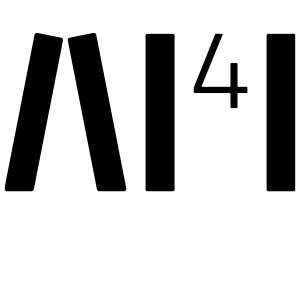POSITION 1
Physics-Informed Generative AI for Architected Materials
This project explores the use of cutting-edge generative AI — including graph neural networks, diffusion models, and transformer architectures — to automatically generate and optimize micro-architected materials (e.g., truss lattices, shell-based structures, voxelized media). The goal is to incorporate physics priors and manufacturing constraints directly into the generative process, enabling efficient inverse design of manufacturable materials with complex functionalities (e.g., vibration damping, impact protection, programmable fracture).
The project’s scope is intentionally broad. Candidates are encouraged to propose specific research directions that align with the overall goals, which will be discussed and refined in collaboration with the PI, Dr. Marco Maurizi.
POSITION 2
Machine Learning-Guided Design of Programmable Intelligent Metamaterials
This project targets the creation of intelligent metamaterials — adaptive systems with integrated sensing, actuation, and control — through AI-guided design frameworks. The candidate will explore multimaterial, modular, and reconfigurable systems generated via deep learning models and potentially enhanced through large language models (LLMs) to interpret high-level design intent or physical behaviour.
The project’s scope is intentionally broad. Candidates are encouraged to propose specific research directions that align with the overall goals, which will be discussed and refined in collaboration with the PI, Dr. Marco Maurizi.
WHAT WE’RE LOOKING FOR
We are looking for talented and highly motivated postdoctoral researchers with a passion for pushing the boundaries of science and engineering through machine learning and computational design. The ideal candidates are intellectually curious, unafraid to challenge conventions, and driven to solve ambitious problems at the intersection of AI, solid mechanics, and materials science. We value creativity, scientific rigour, and a collaborative spirit.
Preferred Qualifications
We are looking for exceptional candidates who combine creativity with technical rigour. Candidates should demonstrate at least:
- A PhD in applied AI, mechanical/civil/materials engineering, or a related field.
- A strong publication record in high-impact journals or top machine learning conferences (e.g., NeurIPS, ICLR, ICML, CVPR).
- Proficiency in at least one modern deep learning framework (e.g. PyTorch, Tensorflow, JAX).
- Experience with finite element modelling (e.g., Abaqus, COMSOL Multiphysics) or reduced order models.
- A demonstrated ability to work across disciplines, with excellent communication skills.
In addition, some of the following would be an advantage:
- Prior work on architected materials (including composites), design automation or physics-informed ML.
- Hands-on experience with large language models (e.g., fine-tuning or deploying LLMs in scientific workflows).
- A solid understanding of solid mechanics.
What We Offer
- A stimulating, ambitious and collaborative research environment within AI4I’s international, interdisciplinary ecosystem.
- The opportunity to co-author high-impact publications and help define emerging paradigms in AI-guided materials design.
- Tailored mentoring to support your long-term academic or industry career trajectory.
- Opportunities to grow leadership and mentoring skills, including involvement in proposal writing and supervision of PhD students.
- Access to high-performance computing (HPC) infrastructure and state-of-the-art fabrication and testing facilities through established collaborations and partnerships (e.g., UC Berkeley and Polytechnic of Milan).
- Competitive salary and travel support.
Both positions are for an initial one-year appointment with the possibility of annual renewal based on performance and continued funding.
Salary range: €30,000 – €55,000 gross per year, depending on experience.
(Researchers relocating from abroad may be eligible for tax exemptions of up to 90%. [link])
Start Date:
Flexible, with a preferred start in late October or November 2025
How to Apply
Interested candidates should submit the following materials:
-
Curriculum vitae, including a list of publications.
-
Cover letter (max 1 page), including:
- Your motivation for joining our lab
- Why you believe you are a strong fit for the position
- Your available starting date
-
Brief research statement (max 1 page), outlining your goals, proposed approach, and how your expertise aligns with the chosen project.
- One selected publication that you are most proud of.
- Name and contact information of at least one reference.
Please upload all materials as a single PDF and name the file using the format: “Position[X]_[YourFamilyName]” — where [X] is either 1 or 2. For example: “Position2_Maurizi”.




